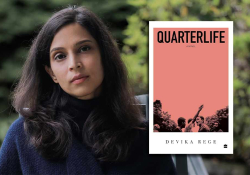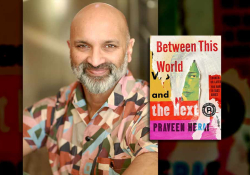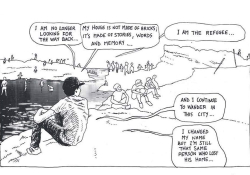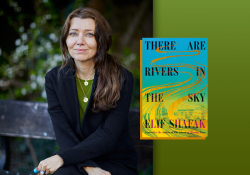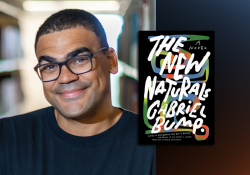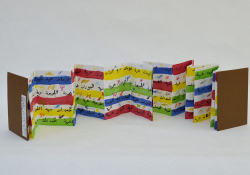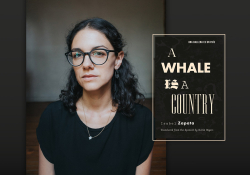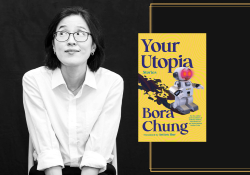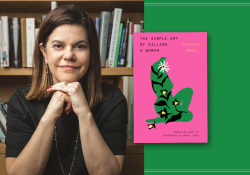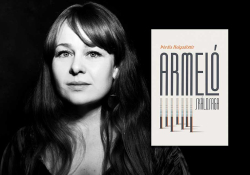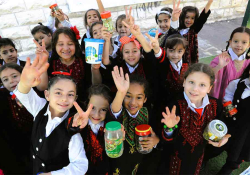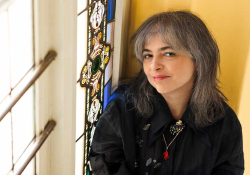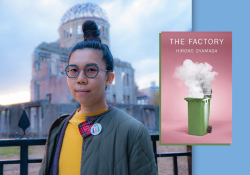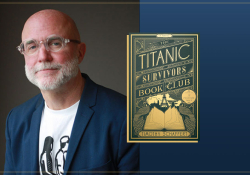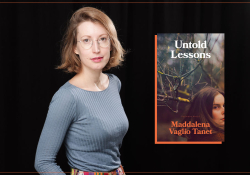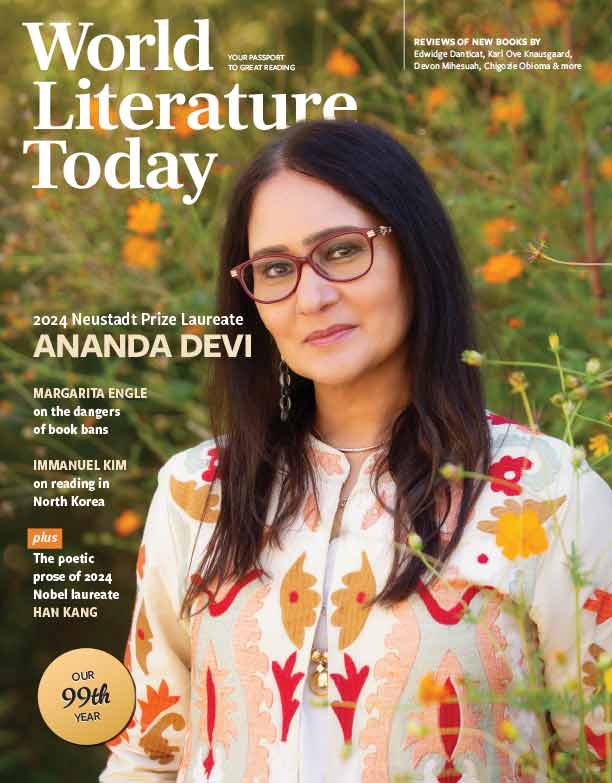5 Questions for Zahid Rafiq
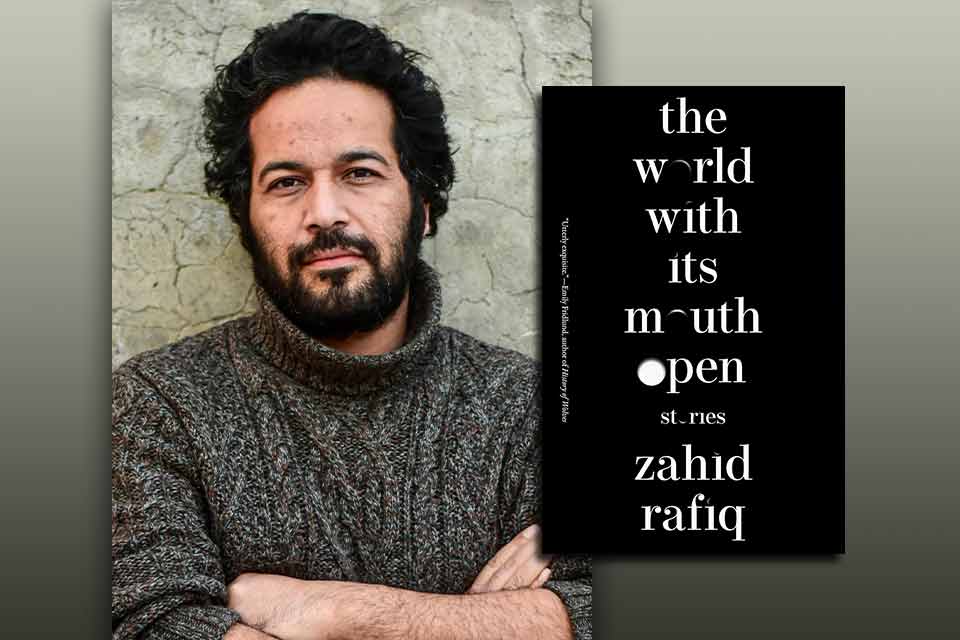
In December 2024 Tin House published Zahid Rafiq’s debut short-story collection, The World with Its Mouth Open. In these eleven stories from Kashmir, ordinary people have unusual days, which play out in city streets, parks, shops, a graveyard, and a home construction site, where those digging make a strange discovery.
Q
Some of your stories have ambiguous endings or other ambiguities that invite the reader to draw conclusions—something I enjoyed more than I would have expected. You do this well, and it deepened my engagement. What drew you to this style, and do you have undisclosed endings and answers in mind?
A
It comes perhaps from life where things are rarely clear, our answers often a way to close the boxes. Ambiguity is what I find most interesting in literature: this attempt to engage with life, deeply and seriously, without saying that I know how things are, or how they ought to be, or how one must live. As for the answers, sometimes I do have one in mind, but it might not necessarily be an answer the story accepts for itself. Actually, they very rarely do.
Q
What do the best stories do?
A
They slow us down, make us feel, make us think, make us inhabit another life and thereby somehow our own, more fully, more consciously.
Q
You formerly worked as a journalist. What journalistic skills have you found most useful while writing fiction?
A
Seeing. Listening. Observing. Letting other people speak their life.
Q
What are your most essential books, those you return to and recommend to others?
A
Kafka and Dostoevsky, almost everything, A House for Mr. Biswas, Waiting for the Barbarians, stories by Chekhov, Cortázar, Flannery O’Connor. And the poets, Ghalib, Szymborska, Cavafy, Charles Simic.
Q
You live in Srinagar, Kashmir. Where is the literary heart of Srinagar?
A
Lost, I guess, but around, diffused, trying to find itself amid the wreckage. A little in the cafés and tea shops, a little in friendships. Thankfully, it has no address.
